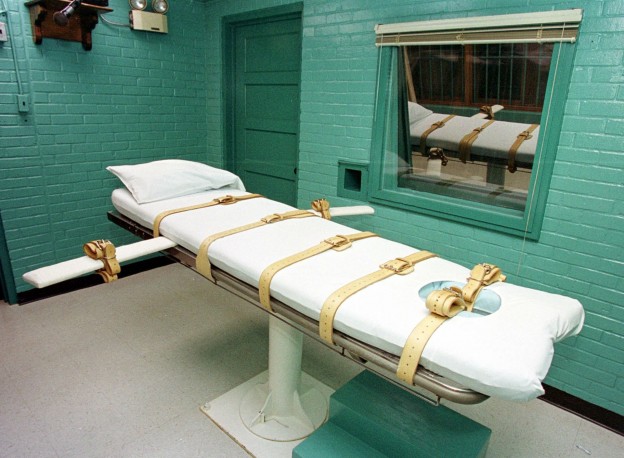Rebelling Against the Cause
One of the oddest effects of capital punishment is that it turns the worst sort of people into a cause. Earnest, well-meaning idealists, devote countless hours to saving the lives of people guilty of unforgivable crimes. Moreover, they tend to get their picture on TV doing so, pleading their case to the American and keeping the condemned’s name in the public mind, also serving to remind the victim’s family once again of their tragedy.
If said inmate had instead been sentenced to life in prison with parole, there would only be a passel of well-meaning people on his side if there were a reasonable possibility he might be wrongfully convicted. There is no urgency to save the person’s life like there is in a death penalty appeal. More importantly, the clearly guilty inmates would quickly pass out of public memory into well-deserved obscurity.
Considering the Victims
Another emotionally-charged argument, although explicitly not an appeal to logic in any form, is to “think of the families of the victims,” as if not to execute a murderer is another injustice against them, as if killing the killer of their loved one will in any way balance the scales.
We are exhorted to “Ask the victim’s family” if they want to spare the life of the guilty party.
Of course they don’t, and it’s horrifically cynical to invoke their names in this way. The families of crime victims should only be required to grieve for their loved ones, and not be held up as props for someone’s political agenda.
Of course, victims’ families have every right to make themselves heard on the issues, but we also need to remember that they are in the midst of a wrenching tragedy so their emotions are understandably in turmoil. As cynical as it may be to use them as props for advancing the cause of capital punishment, it is also not the best idea to look for their opinions on matters of policy.
We don’t have to lose our empathy for the victims of violent crime and their families to realize that they are not the most objective parties in the debate over the suitable punishment for the perpetrators of those crimes. Matters of crime and punishment should be considered and debated with the same pragmatic detachment at the construction of a new bridge, only more so.
The deprivation of a person’s property, freedom, or life at the hands of the state are among the most solemn responsibilities of those holding authority in our government, surpassed only by the power to make wars.
If the execution of murderers had a real and tangible effect that genuinely made us safer from violent crime, it would be irresponsible of us to turn away from it merely because some of us were squeamish about the act of killing. Since it has no tangible effect, and offers society no discernable benefit at all, it is equally irresponsible to cling to the death penalty merely because it affords us the illusion of greater safety while it allows certain politicians to falsely portray themselves as “tough on crime.”
If they were really “tough on crime,” they would be open to any solution, any approach that offered real promise for diminishing violence and its impact on society.
